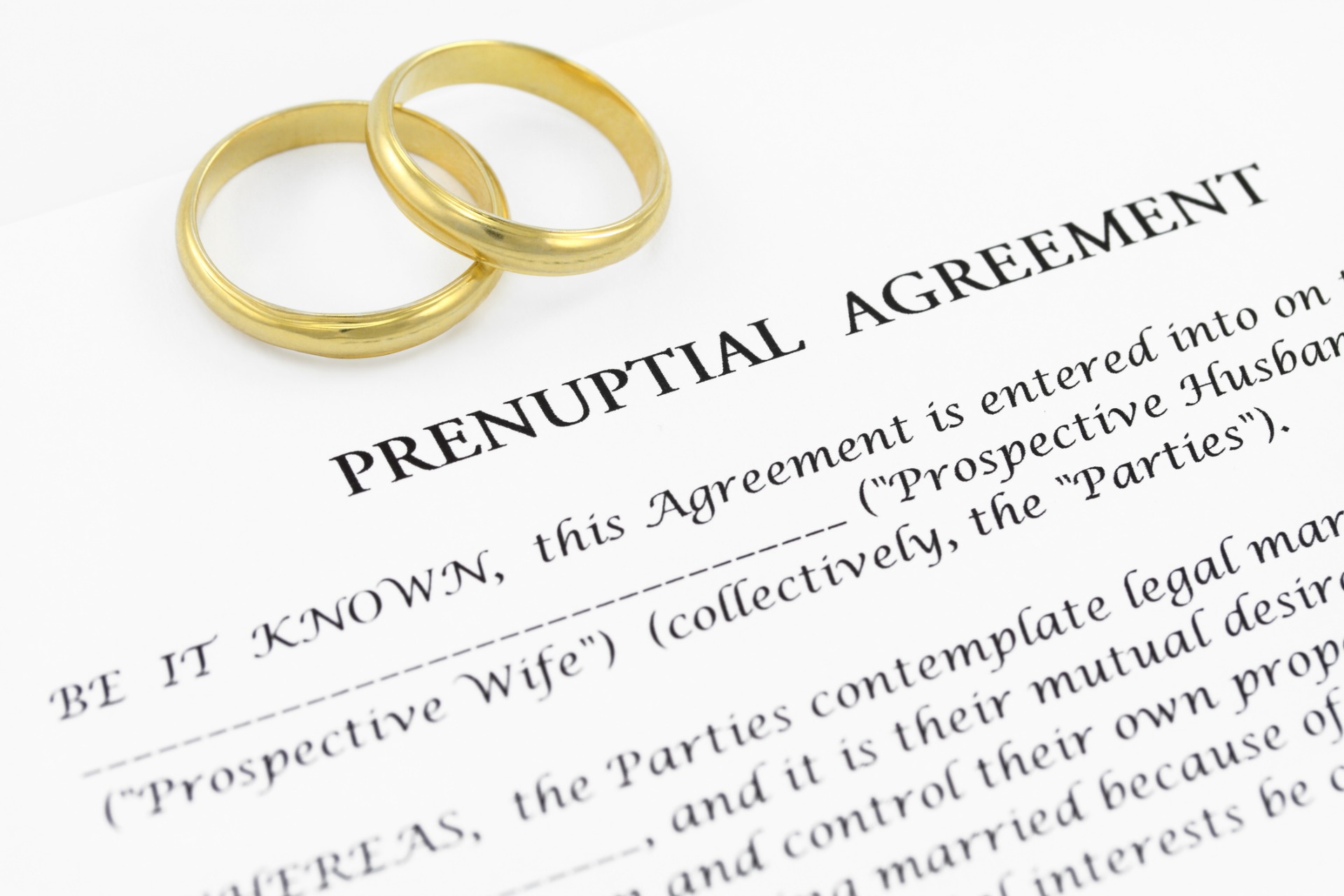Moving in together is an exciting step in any relationship, especially a romantic one. And, just like in a marriage, a couple’s money, belongings, and responsibilities tend to comingle over time.
However, the status of that relationship could change for any number of unexpected reasons. Creating a cohabitation agreement in advance is a smart way to offset some potential complications of sharing a home if things don’t go as planned.
Cohabitation has become the norm in this country. More than half of adults ages 18 to 44 have lived with an unmarried partner at some point in their lives. There are some understandable conveniences that come with living together, such as saving on rent and utilities expenses, not to mention the cost of a wedding. However, if one person moves out before the end of the lease, an agreement can prevent disputes over what you each owe for rent and other payments.
What is a Cohabitation Agreement?
It’s easy to become so focused on the benefits of sharing an address that you overlook another reality – all of the financial implications of sharing a household together. A cohabitation agreement is simply a contract agreed upon by both partners, about how they will own and share things. Think of it like a prenuptial agreement for unmarried couples in that it is set up to protect both parties equally.
While the details vary, a common issue discussed in the agreement is the division of property. One person may accrue unexpected debt. A child might enter the picture, bringing up additional questions around shared expenses should the relationship end. Each individual couple can decide which of these potential issues should be included in their agreement.
Why Have One?
Before signing that lease, it’s important to consider that unmarried couples living together in Illinois do not enjoy all of the same protections and advantages as married couples. Neither person has any right to the other’s property if they break up, for instance, regardless of how long they’ve lived together or whether they share children.
One partner might introduce more wealth into the household. An agreement can clarify whether that person will be responsible for paying any support to the other partner after a breakup or if their living situation changes. The same goes for any debt introduced into the relationship. Perhaps you’ve agreed to help pay off a car or mortgage together – or your significant other’s student loans.
What would happen to that arrangement if the status of your relationship changed?
Common Provisions Included in a Cohabitation Agreement
Some of the most common rights and responsibilities addressed in the contract include:
- Assurance that both people retain items they brought into the relationship
- Division of household expenses or possessions acquired together
- Payment of mutual debts
- Protection from your partner’s debts in the event of a separation
- Statement on parental responsibilities of any children after the separation
- Support payments owed to one of the parties after a separation
The agreements aren’t limited to breakups. In the event of a death of a partner, an agreement can also give the surviving person the right or obligation to retain any property.
How to Obtain One
Some thought and preparation must go into making an agreement that’s right for both of you. Start by discussing with your significant other the main issues that belong in your agreement. Do you share home equity? What purchases or expenses have both of you contributed to? It can also contain the legal steps that might be taken if your living situation changes, such as whether a dispute would require mediation before going to court.
Some initial questions a couple can ask:
- Are both partners’ names on any property deeds or leases?
- Have they acquired personal property since moving in together?
- What happens to the property if the couple splits up or one person has to move out?
- Who pays bills, utilities, insurance, and other shared expenses?
- Could child support, custody rights, or visitation rights become an issue?
It may be beneficial to work with an attorney or other adviser to ensure that both partners are equally protected. This person might also help prioritize what provisions are worth including.
Other Benefits of an Agreement
No one wants to think about the possibility of a breakup, but splitting up when you live together can be just as stressful as ending a marriage. The agreement does more than divide up property. Because certain practical matters are already taken care of in writing, it can help alleviate some of that stress and help your transition go more smoothly.
On the other hand, if the relationship eventually leads to marriage, a cohabitation agreement could become the basis for a prenuptial agreement.
Illinois has certain legal requirements necessary for a court to enforce the terms of an agreement. To find out more about these requirements and whether a cohabitation agreement is right for you, speak to an experienced attorney knowledgeable in the area of property division at the Law Office of David A. King, P.C.




